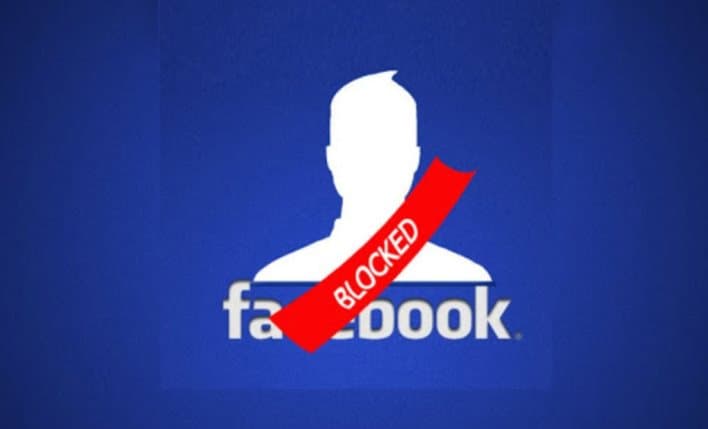In the realm of Ugandan governance, the ban on Facebook stands unyielding, with the government citing security concerns and the imperative to safeguard national stability as the driving forces behind their decision.
Implemented in 2021, alongside other social media platforms, the ban was enacted in anticipation of the general elections. Authorities argued that this measure was indispensable to curb the dissemination of misinformation and preserve public order.
Despite fervent pleas from citizens, civil society organizations, and opposition parties to lift the ban, the government remains resolute in their stance.
Insiders reveal that intelligence reports have played a pivotal role in the government’s unwavering commitment to maintaining the ban. These reports indicate that Facebook and other social media platforms are allegedly being exploited to mobilize and coordinate anti-government activities.
“Our nation’s security is of paramount importance, and we cannot afford to allow platforms that have been utilized to incite violence and unrest to operate unchecked,” asserted a government spokesperson.
Detractors contend that the ban infringes upon freedom of expression and access to information, and has cast a dark shadow over businesses and individuals reliant on social media for communication and commerce.
While the government has introduced alternative platforms for information dissemination and social connectivity, these initiatives have been met with skepticism and lackluster adoption rates.
As the ban persists, concerns mount regarding Uganda’s reputation as a democratic nation and its ability to attract foreign investment in the burgeoning tech sector.
For now, the government remains resolute, leaving Facebook and other social media platforms inaccessible to the people of Uganda.












